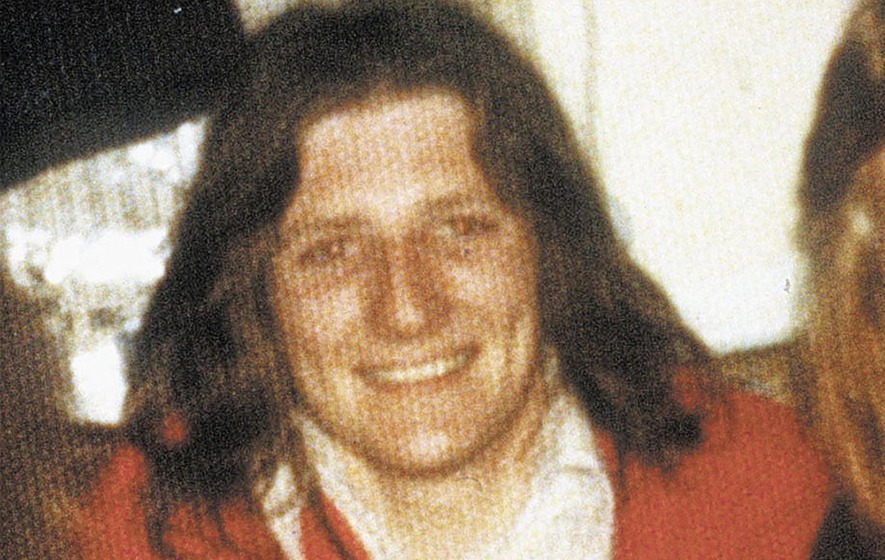On May 5, 1981, Bobby Sands died in Britain’s infamous Maze prison. What wasn’t unusual about his case is that he was a member of the Irish Republican Army, the IRA. Lots of members of the IRA were sent to prisons like the Maze. Nor was it unusual that he died due to a hunger strike. What was unusual was that he was also a British Member of Parliament.
Bobby Sands was born in 1954, in a Protestant area of Belfast, Northern Island, to a Catholic family. This was not a good situation to be born into, so it is not surprising that he ended up in the IRA in 1969, fighting for independence from Britain. He was arrested in 1972 for IRA-related thefts and sent to a special prison that was rather like a prisoner of war camp, with a certain amount of freedom and respect accorded to the inmates.
After he was released, Sands went right back to his involvement with the IRA. He was arrested again for it in 1977. However, British policy to members of the IRA had changed since he was last arrested. As a result of the new policy, IRA members were treated not like political prisoners but as hardened criminals. As a result of this policy change, Bobby Sands was sent to the Maze.
Inside the Maze, Sands joined with other imprisoned members of the IRA in protesting the criminalization of IRA prisoners. In 1980, some of them staged a hunger strike that only ended when one of them fell into a coma. Sands did not take part in that strike but did serve as the leader and spokesperson for the strikers. As a result of the strike, Britain made a few concessions to their demands. Or, at least, said it would and then promptly broke most of its promises.
So on March 1, 1981, Sands launched another hunger strike. He lost a dangerous amount of weight. This one really caught the attention of the world. Pope John Paul II sent an envoy begging him to stop before dying. On April 9, he was elected to the British Parliament to represent his region of Northern Ireland. And in the early morning hours of May 5, he passed away. Violence gripped Belfast for several days after his death. Tens of thousands of people came to his funeral. Nine others died of the hunger strike before it was finally called off. As a result of the strike, the British Prime minister granted several of the prisoners’ demands.

